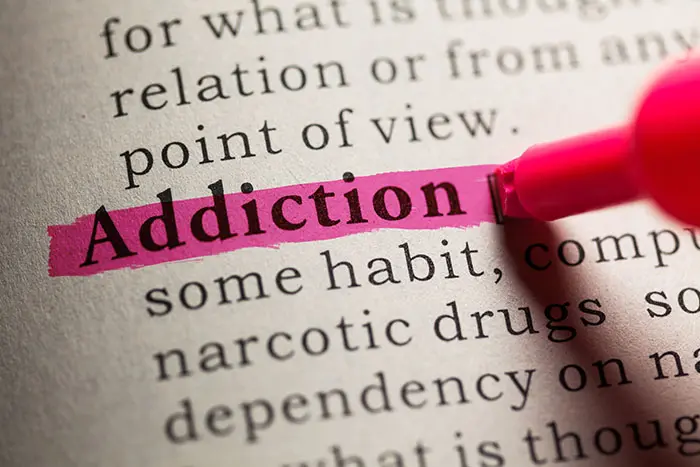Many years ago, those struggling with addiction hid in the shadows, hiding their addiction from the world. Sometimes ashamed, sometimes to avoid ridicule, and sometimes, to just avoid. Nowadays, there are many organizations focused on caring for individuals struggling with substance use disorder and the mental and emotional issues that arise because of this behavior. “Mental health and substance use disorders affect people from all walks of life and all age groups” (SAMHSA, 2020). But even with new organizations popping up every day to combat addiction, there is still a stigma that remains prevalent in society.
Dr. Nzinga Harrison, with Eleanor Health, has dedicated her life to helping those with addiction live amazing lives. She states that “eliminating the stigma is one of the most important steps in supporting people with addiction” (Harrison, 2020). Small changes can make a remarkable impact on a person struggling with substance use disorder. The National Institute on Drug Abuse states that by changing the vocabulary used when interacting with those struggling with addiction, the individuals comfort level increases and the placement of blame decreases. Some examples of these changes include:
By changing the message sent when we interact with those struggling with addiction, we can work to remove any stigma and replace it with love and support. We need to work to help these individuals live amazing lives. Not cut their lives short, as so many do every year. Drug related deaths have been increasing at a staggering rate over the last 20 years. “Today, one in four deaths are attributable to alcohol, tobacco, and illicit or prescription drug use” (NIDA, 2020).
Let’s come together in unity and work to start saving lives today.
What is the “Words Matter list”?
The “Words Matter list” is a guide that promotes the use of respectful, non-stigmatizing language when discussing addiction and substance use disorders. Its purpose is to reduce stigma, encourage compassionate social support, and improve treatment outcomes by adopting person-first language and avoiding terms that convey blame or negative judgment.
How does language choice impact addiction treatment and recovery?
The words we use have profound effects on both individual recovery and societal understanding of addiction. Stigmatizing language creates barriers to treatment by promoting shame and isolation, while person-centered language fosters a supportive environment that encourages people to seek help. When communities and healthcare providers adopt respectful, non-judgmental communication, they help create pathways to recovery rather than obstacles. This shift in language directly impacts treatment engagement, long-term recovery efforts, and public health outcomes by promoting understanding and empathy. By choosing words carefully, we can help reduce harmful stigma, support individuals in their recovery journey, and reshape society’s perception of substance use disorders.
How does addiction affect brain structure?
Substance use disorder is a brain disorder that can alter brain structure and function. Understanding these changes helps explain why FDA-approved medications and professional treatment are often necessary to manage withdrawal symptoms effectively. This creates public awareness around addiction, leading people to see it as a genuine medical condition rather than a human weakness.
What criteria do professionals use to diagnose substance use disorder?
Health professionals use DSM-5 criteria to diagnose substance use disorders. This standardized approach ensures accurate diagnosis and helps develop appropriate treatment plans while avoiding stigmatizing language.
References:
1. Substance Abuse Mental Health Service Administration (SAMHSA). (2020, April 30). Mental Health and Substance Use Disorders.
2. Harrison, N. (2020, July 20). How to Reduce the Guilt, Shame, and Stigma of Addiction — Eleanor Health: Recovery. For Life.
3. National Institute on Drug Abuse. (2020, September 02). Words Matter — Terms to Use and Avoid When Talking About Addiction.
4. NIDA. 2020, June 15. Death.
If you are seeking help with your loved one’s addiction, contact us today or complete our quick contact form below, to speak with an addiction treatment specialist.
If you need help with your substance use disorder, we are here to help you build your confidence and momentum towards the future you want. We provide treatment services for adults with alcohol, opioid, and other substance use disorders. We are currently located in Louisiana, Massachusetts, New Jersey, North Carolina, Ohio, Texas, and Washington.
 How to Reduce the Guilt, Shame, and Stigma of Addiction
How to Reduce the Guilt, Shame, and Stigma of Addiction
 Alcoholism: A Family Disease
Alcoholism: A Family Disease
 How To Help Someone Through Drug or Alcohol Withdrawal
How To Help Someone Through Drug or Alcohol Withdrawal